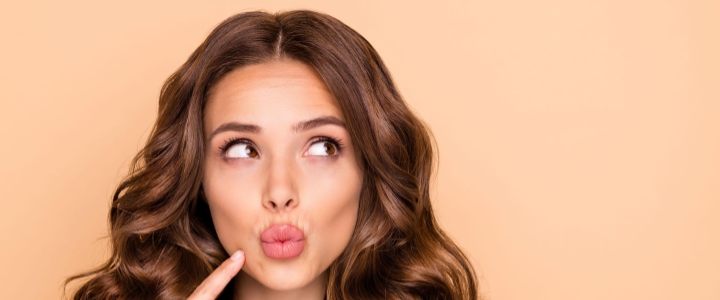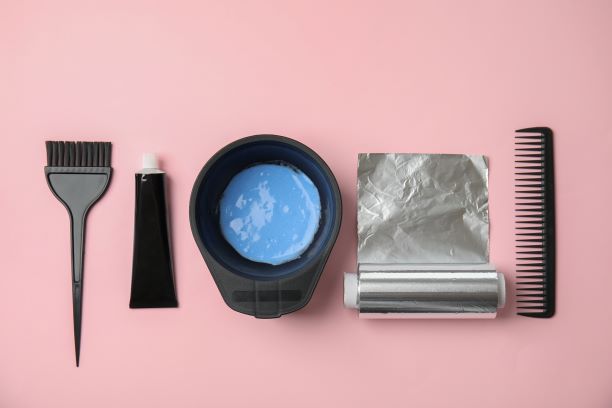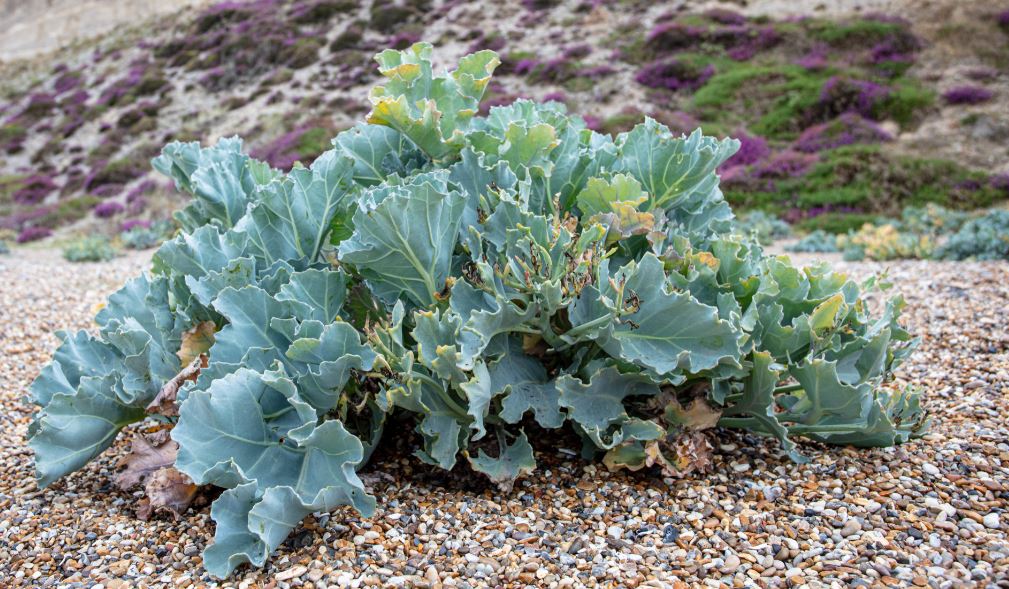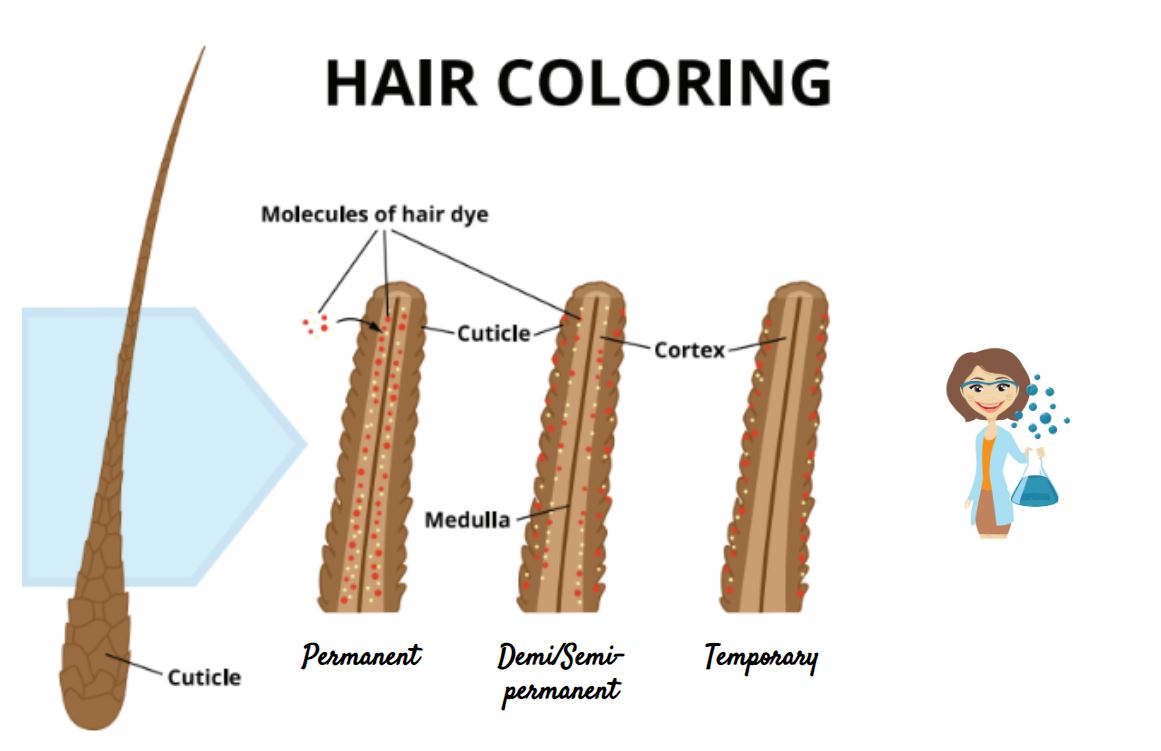
No shades of grey
May 22, 2020
You've been working from home for several weeks now, starting to pick up the pace, establishing your routine and one given morning, without warning, they were there. Grey roots!
Coloring your hair is usually done at a salon, but now you will need to resort to using a “at-home” hair coloration kit for the first time! But what are the differences between them? What color should you get? How do they work?
Let's break down the science on hair coloration!
Different type of hair colorations
Hair is made of a core (medulla), surrounded by the cortex (containing pigmented melanin), and protected by the external envelope: the cuticles.
There are different types of hair colorations, depending on your commitment (and gentleness!) level:
- Temporary: If you’re not sure you want to keep this pink color tress when you go back to the office… The hair dye only coats the outside of the hair shaft, and will be washed out with your next shampoo.
- Semi-permanent: if you’re not sure you should really go for a vibrant red color… or just want to cover your roots until your next salon appointment, this solution is for you as it will “only” last around 8 washes! The dyes are already formed before application, they can fix on the outside of hair but also a little on the cortex as cuticles are slightly opened. It’s a more gentle process than permanent hair coloration, as there is generally no ammonia inside.
- Permanent (at least until a new hair comes out!): not only open the cuticles to access the hair shaft, but also chemically react to give a lasting color.react , so the dyes can fix on the hair
What’s in the kit and how does it work?

A permanent hair coloration is made of two solutions that need to be mixed together before applying on the hair:
1- A color base.
It contains an alkaline chemical, ammonia -or more gentle-, which opens the cuticles for dyes to access the cortex. This base also contains dye precursors and dye couplers. It’s an alkaline solution, with a high pH (9-10.5).
2- A developer, “oxidising base” or “color activator”. This oxidizing solution (acidic pH of 4) contains hydrogen peroxide. Once the cuticles are opened, the hydrogen peroxide oxidizes the melanin molecules to turn them colorless (also releasing sulfur, which stinks). It also oxidizes the dye precursors for them to color. They can then react with the dye couplers to provide large coloured molecules trapped within the cuticles. Resulting in a permanent new hair coloration.
Cuticles are usually closed after dyeing with an acidic conditioner.
What are the formulation challenges?
Formulating and using strong bases for permanent hair coloration raises several challenges:
- Stability: each base has extreme pH, and ingredients must be compatible with hydrogen peroxide (it usually affects the viscosity)
- Be user-friendly (even more for the “at-home” products): quick and easy mixing of the 2 products, easy to spread on the hair but doesn’t run-out along the hair
- Dye effect: Color durability, no hair damage
- Tolerance: minimum irritation on scalp, skin and eyes
- Eco-friendly, with high biodegradability
What ingredients to use to check all these boxes?
Elastic and resistant emulsifiers : MONTANOV™ 202 (opens new window) & MONTANOV™ 68MB (opens new window)
Montanov™ are O/W alkylpolyglucoside emulsifiers of natural origin, providing different textures.
They are able to emulsify over a wide pH range (from 3 to 11) so they can be used in both hair coloration bases. The emulsion remains stable even in the presence of Hydrogen Peroxide (H2O2). Montanov™ also forms emulsions with a stable shear thinning emulsion, ensuring the bases are easy to mix and easy to spread on the hair, but very elastic, to avoid run-out along the hair, and leaving a uniform film for an even finish coloration.
UV or shampoos with SLES are known to accelerate the fading of colored hair. MONTANOV™ 68MB has shown improved resistance to these stresses, for a better color duration. It also enhances hair gloss and texture.
Natural, with a good skin tolerance and biodegradability, MONTANOV™ emulsifiers check all the boxes to make efficient and safe hair colorations products!
MONTANOV™ 68MB – INCI name : Cetearyl alcohol & Cetearyl glucoside MONTANOV™ 202 – INCI name : Arachidyl alcohol & Behenyl alcohol & Arachidyl glucoside
Polymers compatible with hydrogen peroxide
Thicken and stabilize the oxidising base, containing hydrogen peroxide, with one of our three following polymers:
SOLAGUM™ AX (opens new window): a natural gum obtained from a unique and innovative coating of xanthan gum by the Acacia gum, with an optimum ratio for both good performance and texture. It dissolves quickly and delivers outstanding sensoriality with a non-stringy, non-sticky & fresh aqueous sensation. With good particle suspension power, good resistance to electrolytes and wide pH range. It’s your go-to for greener formulations!
INCI: Acacia Senegal Gum & Xanthan Gum
SEPINOV™ EMT 10 (opens new window) is a pre-neutralized polymer, with multiple benefits: it can texturize, thicken and also stabilize up to 40-45% oily phase. It gives smooth, shiny and soft textures, from sprayable to thick products. Compatible with H2O2, AHAs, DHA,... and formulable from pH 3 to 12. It’s a very universal polymer.
INCI : Hydroxyethyl Acrylate/Sodium Acryloyldimethyl Taurate Copolymer
SIMULGEL™ I-NS 100 (opens new window) is a liquid and pre-neutralized polymer, creating melting textures with a fresh sensation, and versatile emulsions ranging from fluid to thick viscosities. Compatible with a lot of stressful ingredients (AHAs, DHA, sun filters, pigments,...), formulable from pH 3-12 and resistant to UV. It's one of the best polymers for formulating a color activator.
INCI: Hydroxyethyl Acrylate/Sodium Acryloyldimethyl Taurate Copolymer & Isohexadecane & Polysorbate 60
INULA HC and BLUE SEAKALE HC, two actives ingredients to intensify and prolong hair coloration

INULA HC (opens new window) is an oily extract of the golden samphire, also known as the Inula maritima. It’s a marine succulent plant growing on sea cliffs, with golden petals. Constantly stressed by maritime wind, and UV light it developed its own mechanism to survive and not fade out.
Applied on the skin, it increases keratinocyte cell proliferation, keratin fiber stimulation for hair regeneration & protects the lipids from oxidation for a good cuticle cohesion in hair fiber. Applied in a coloring shampoo, it brightens up the hair color, for an intense look, like the golden petals of the Inula maritima.

Blue Seakale HC (opens new window) is a water soluble marine plant extract derived from Crambe maritima, also known as Sea Kale. Much like the stresses that the plant encounters in its normal habitat, Blue Seakale HC fights against environmental stresses such as UV and mechanical stresses (heat) in order to protect the hair color while improving the overall appearance.
INCI INULA HC: Caprylic/Capric Triglyceride - Inula crithmoïde leaf/flower extract INCI BLUE SEAKALE HC: Aqua (and) Butylene Glycol (and) Crambe Maritima Leaf Extract
